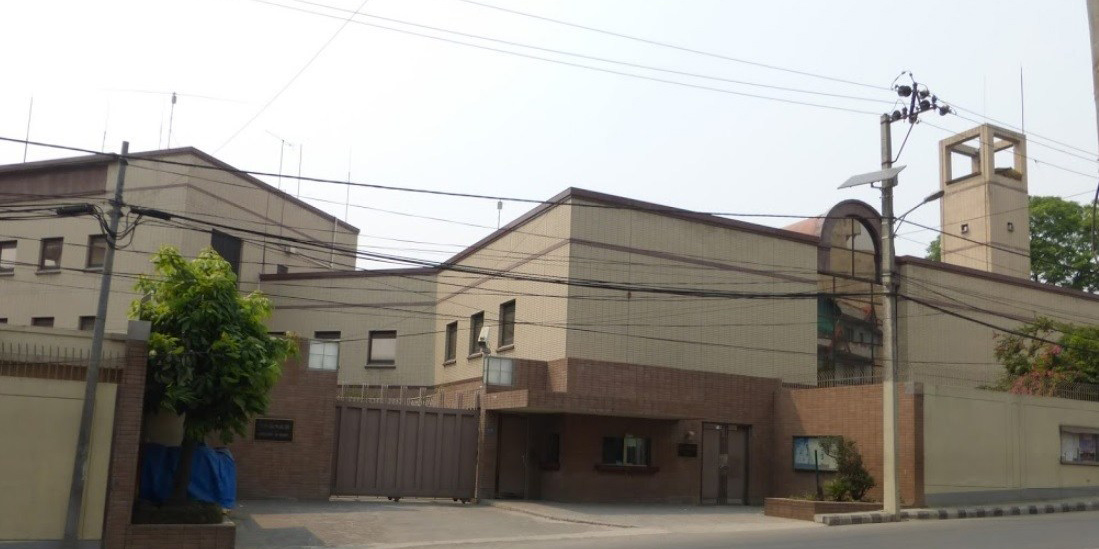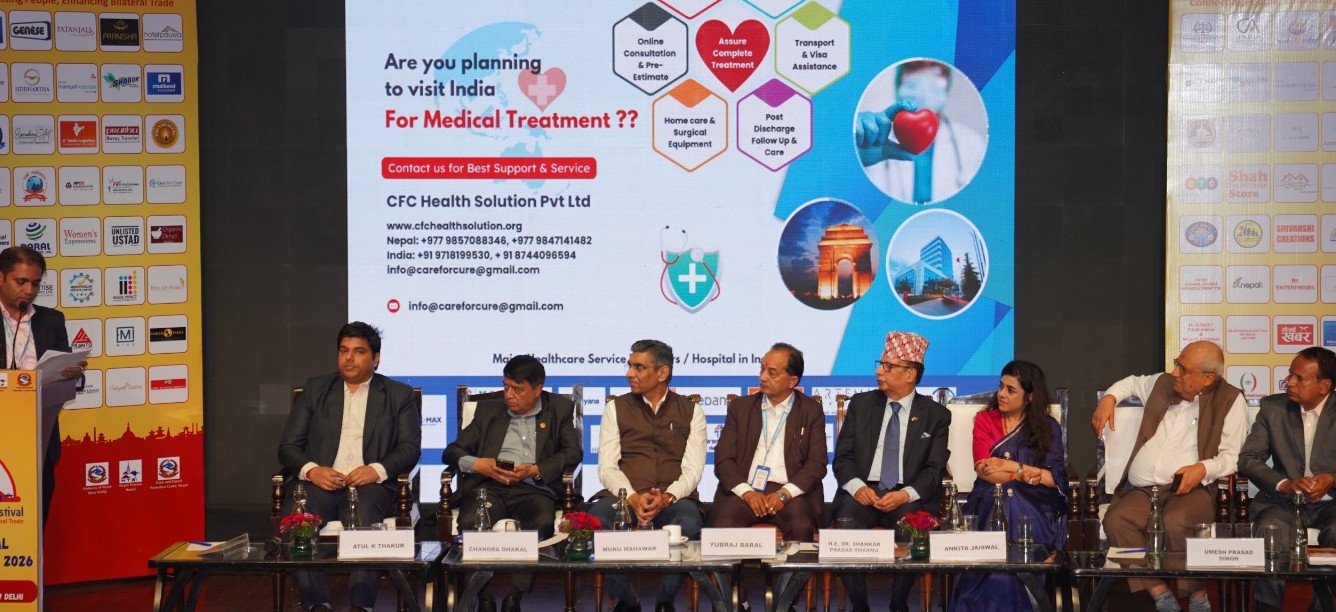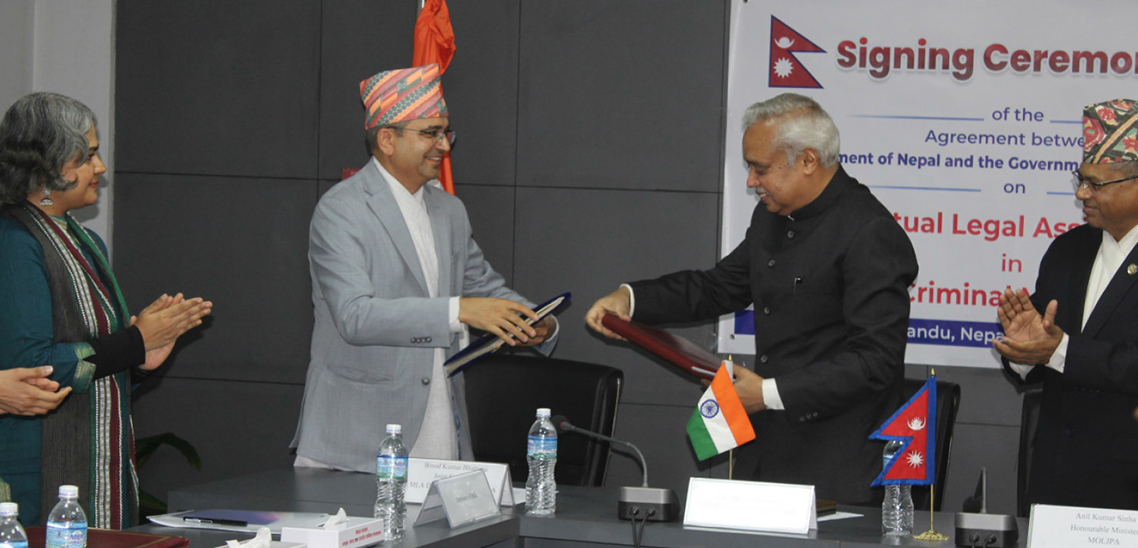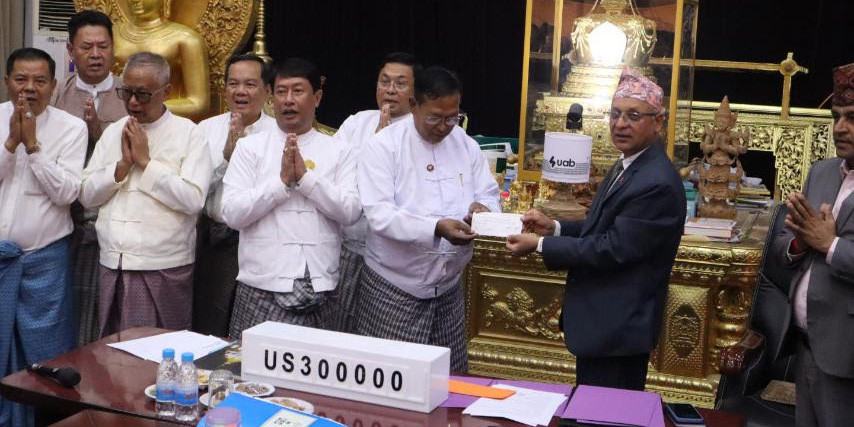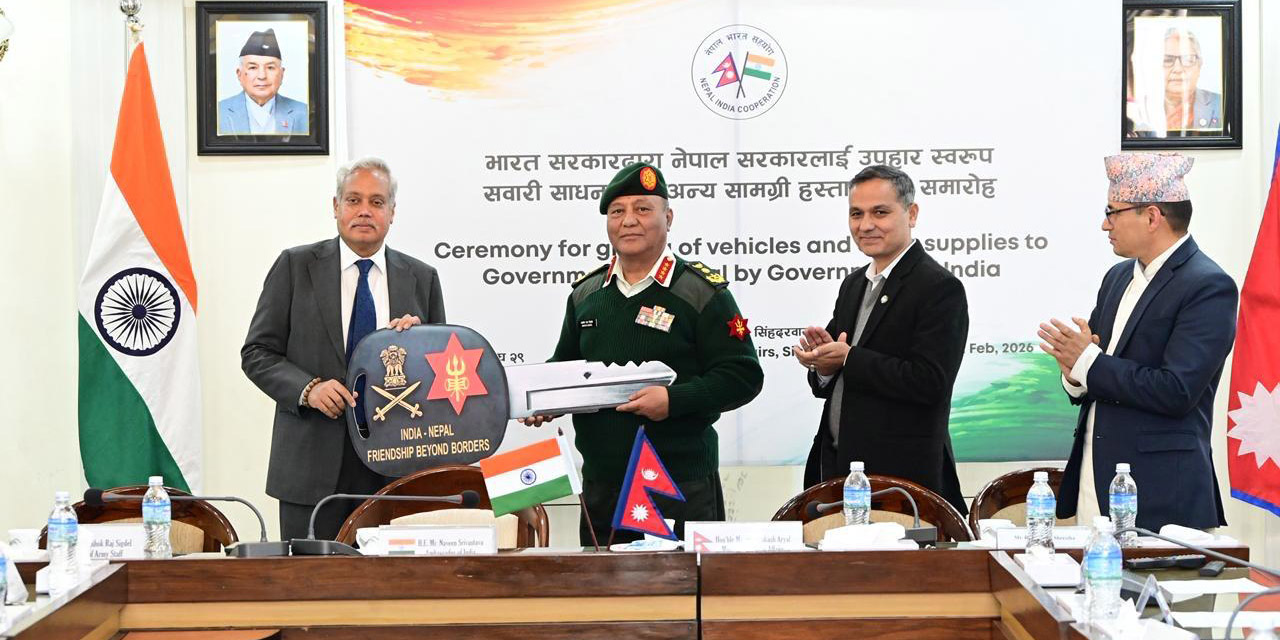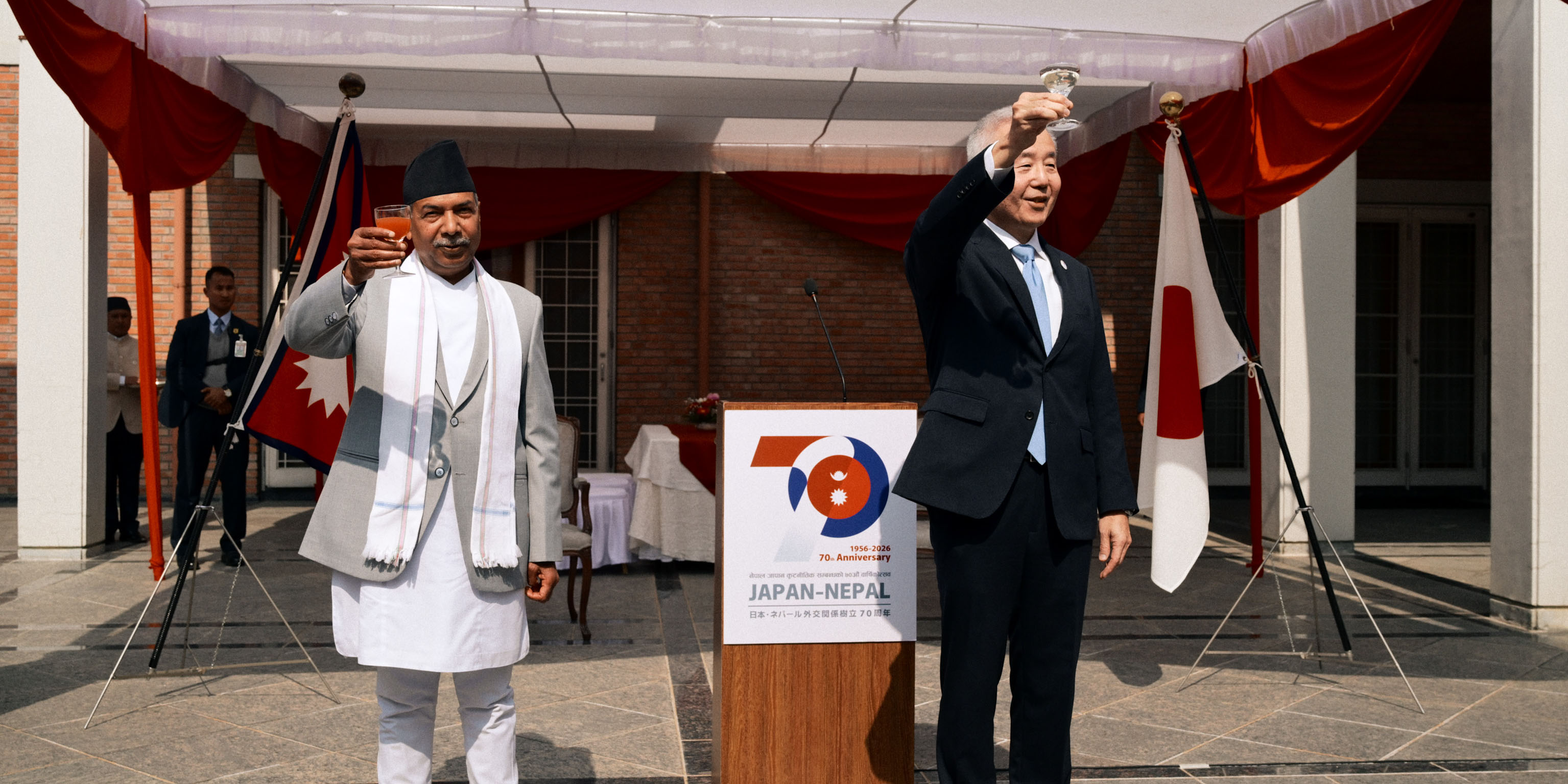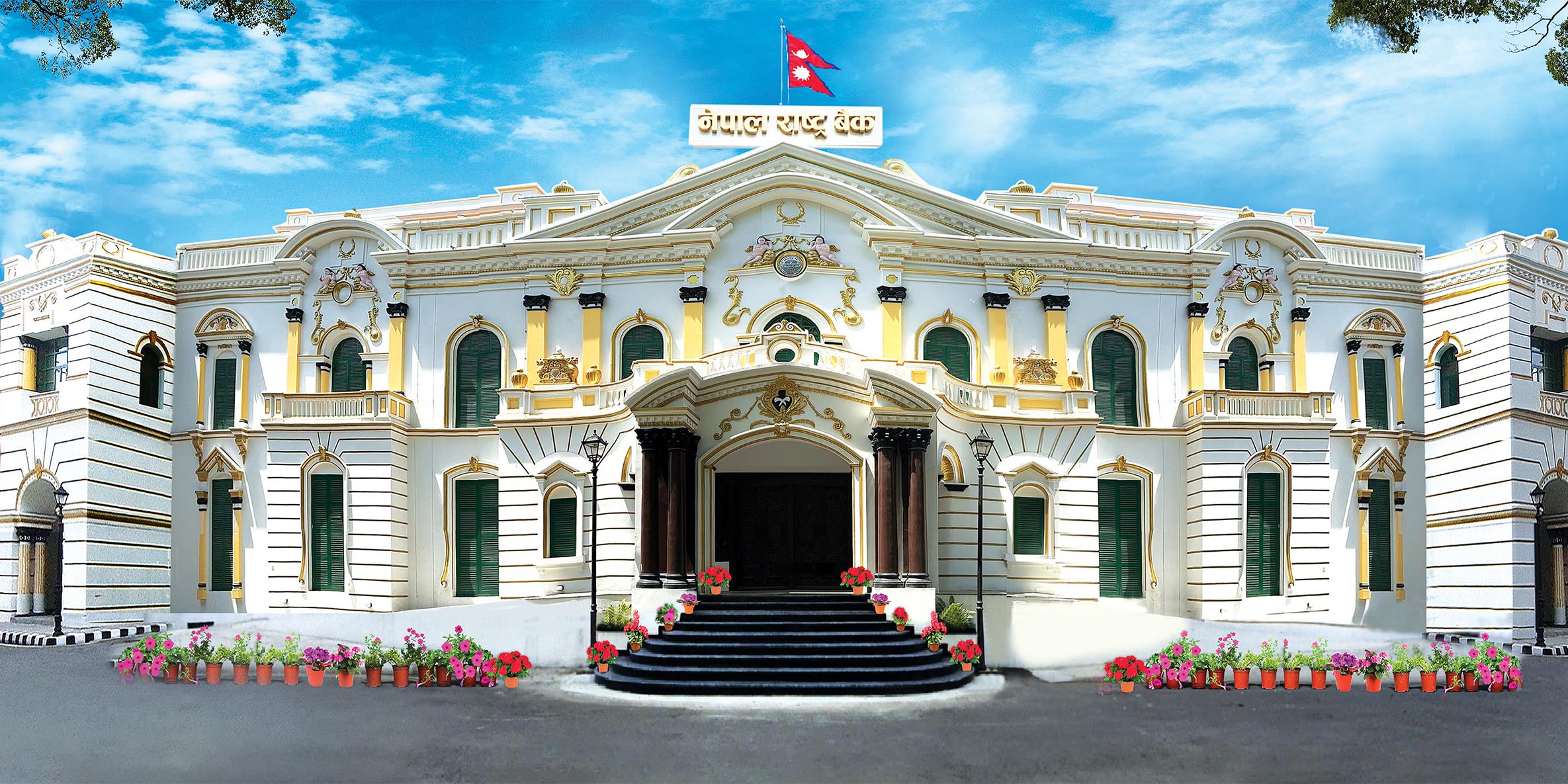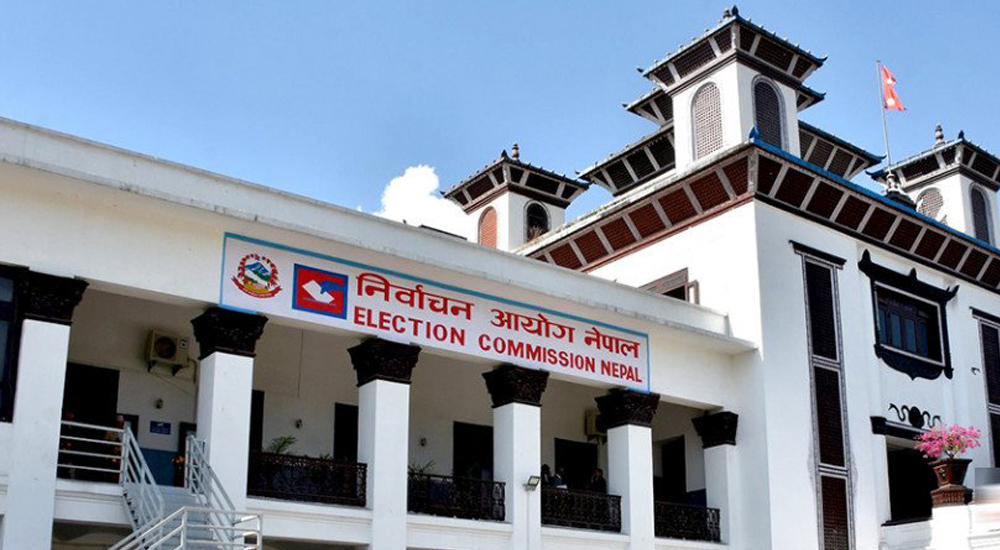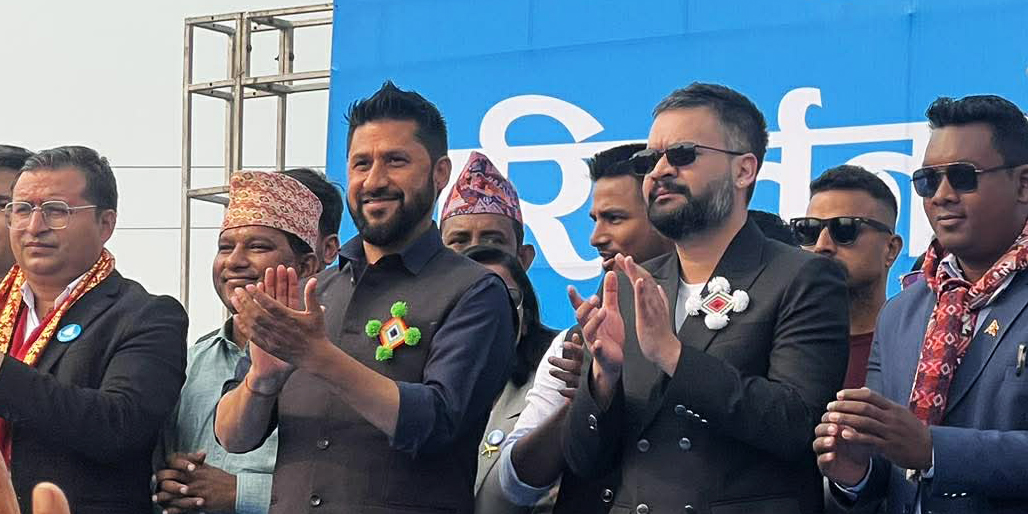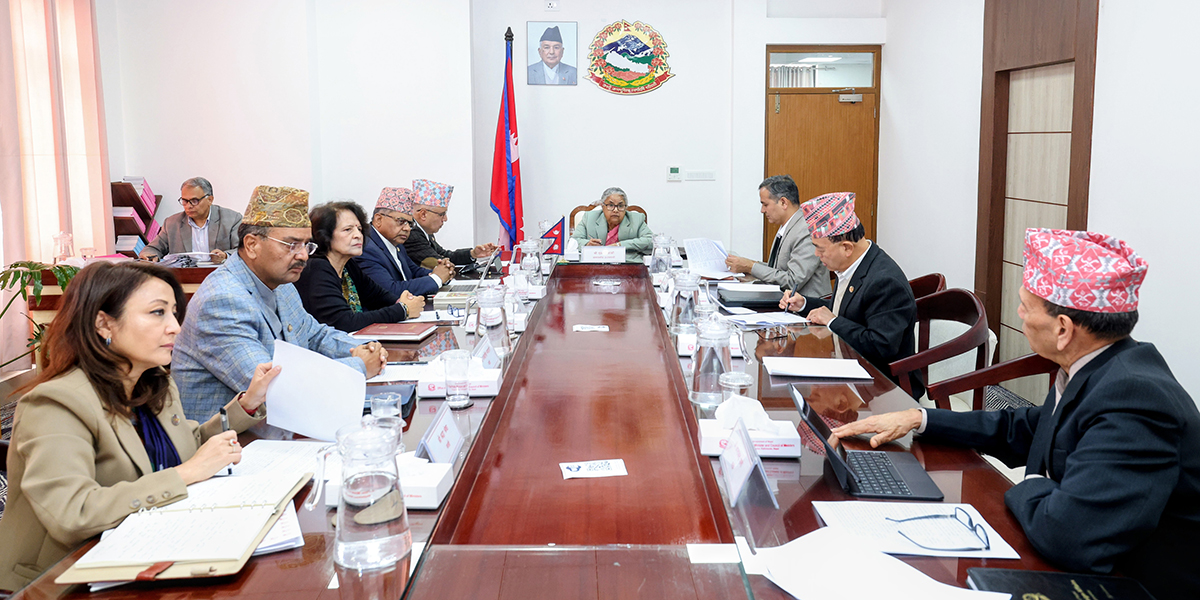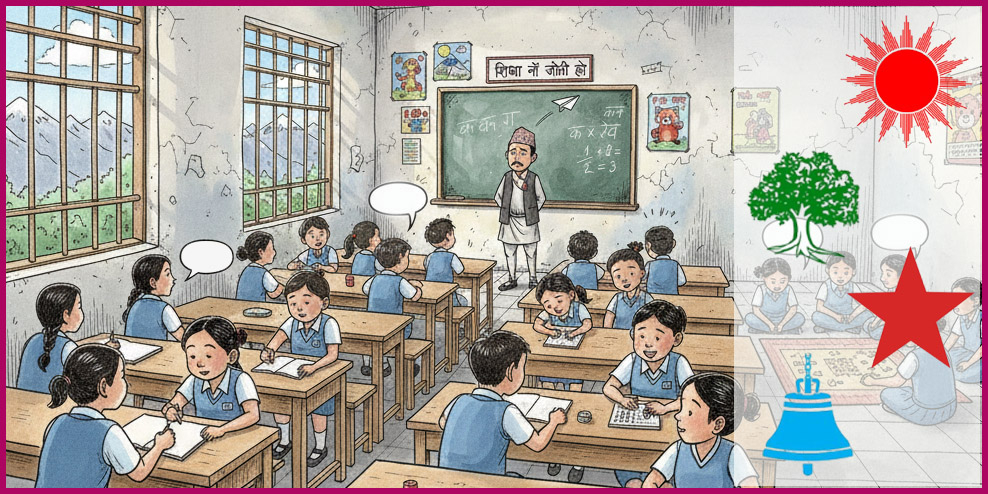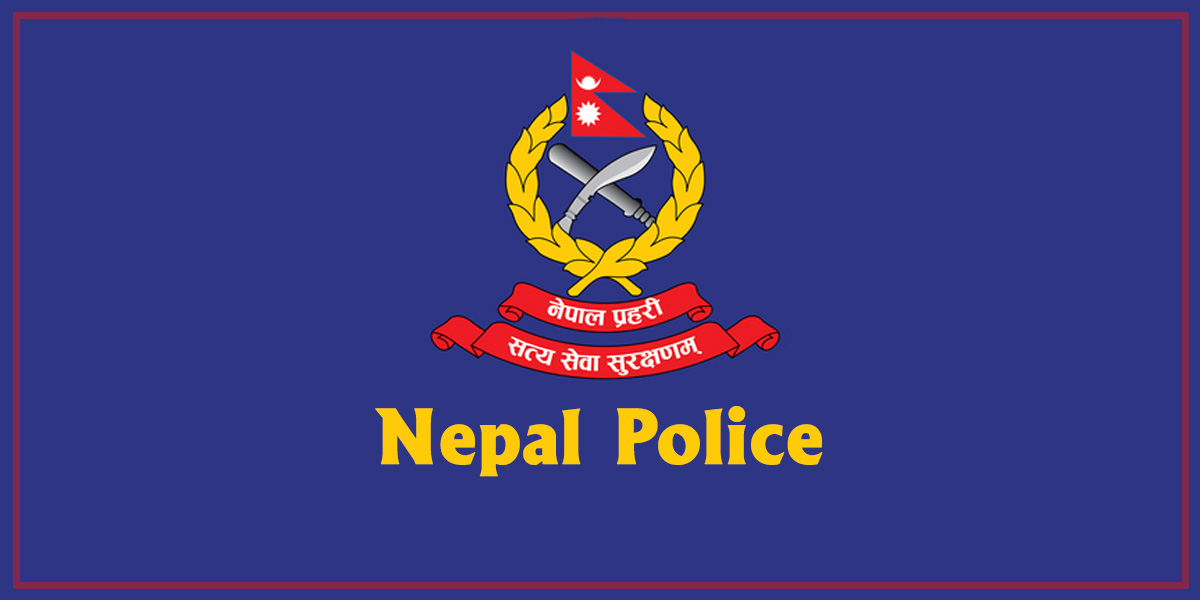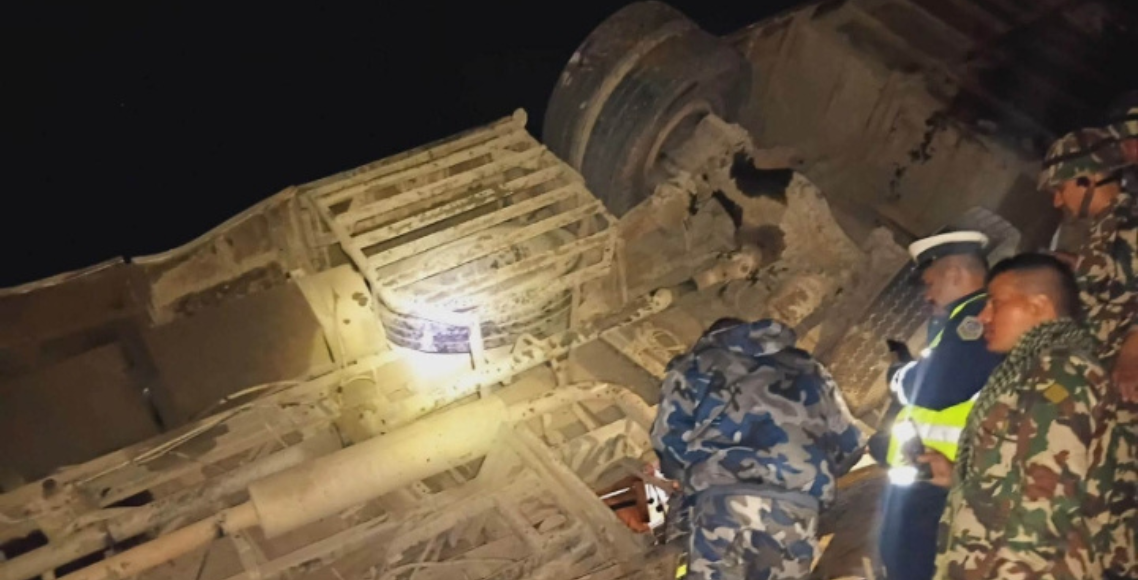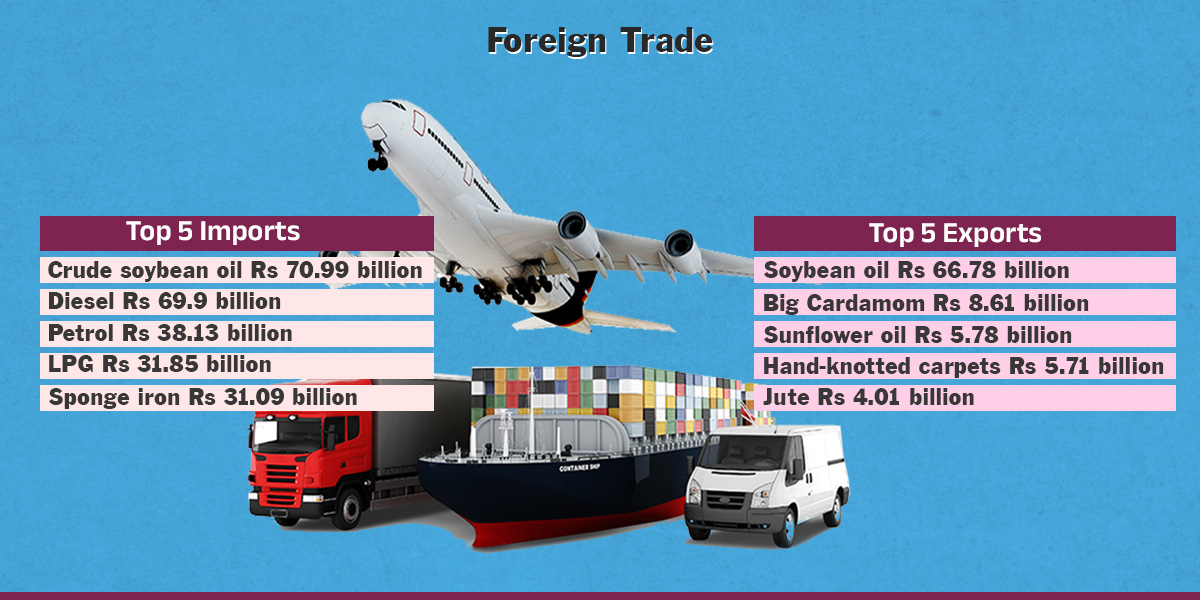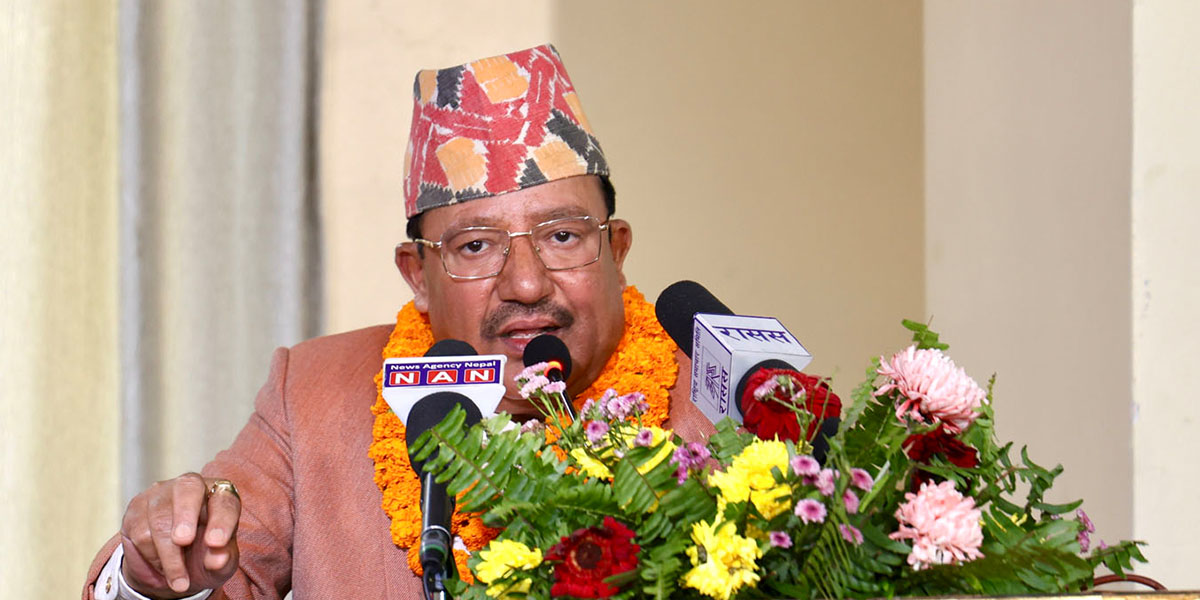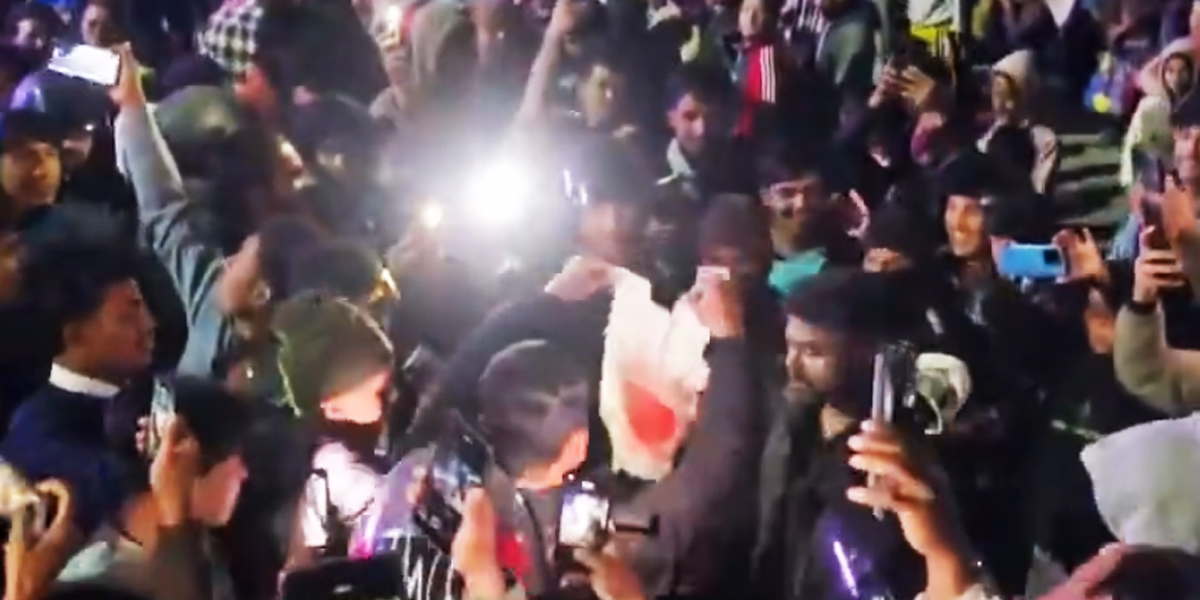
KATHMANDU: Experts and diplomats of Nepal and Indonesia have said that while democracy and media are synonymous, both have recently been challenged by technology and social media.
They said that technology and social media have posed challenges to both democracy and media, which need each other to progress, by disrupting them. They have also suggested that both sides be very cautious while moving forward. If that does not happen, the democratic foundation of the world that has progressed with the Washington consensus could be shaken, they added.
A team from Indonesia was recently in Nepal as part of the Bali Democratic Forum’s initiative for a discussion to participate in “Dialogue on Democracy in an Inclusive Society”. The event was organized jointly by the Indonesian Embassy in Bangladesh and the Nepal Institute for Foreign Affairs. The team included journalists, experts, and an ambassador as well as a deputy minister.
Indonesia is one of the champions of the non-alignment movement. Like Nepal, Indonesia is a multi-lingual and multi-cultural country. It is the fourth largest country in terms of population, home to more than 230 million people. General Suharto, who took control of the country in 1965, ruled until 1998 with an iron fist though he formally became president only in 1967. He was the main perpetrator of the 1965 mass killings in which an estimated one million Indonesians died.
Indonesia has the largest Muslim population in the world. As an archipelago of over 17,000 islands in Southeast Asia, Indonesia is considered the most diverse country in the world, with over 700 languages spoken and more than 1,340 ethnic groups.
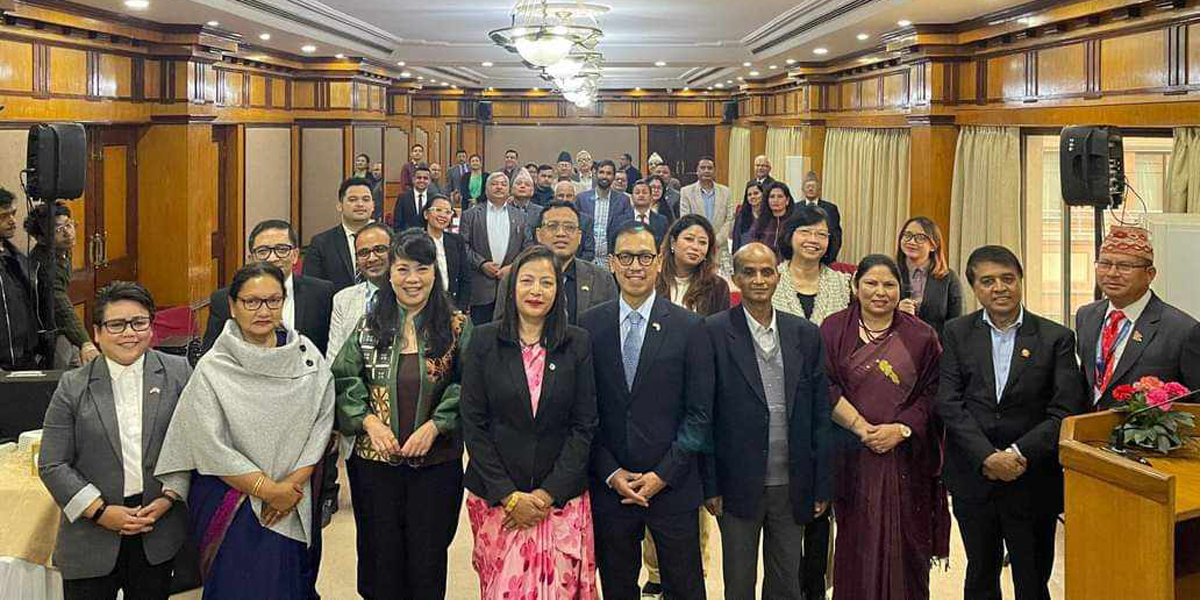
Located between the Indian and Chinese civilizations, Indonesia’s plantation workers, seeking maximum benefits for them by forming trade unions, tried to bring the country out of Suharto’s rule. However, Suharto cracked down on their efforts.
The use of social media and misuse of data in the Indian elections was one of the important topics of discussion. When a weak leadership engages in cadre-based politics, everything deteriorates because cadre-based politics is about creating chaos, the participants said. A journalist working for the Indonesian Times said the media caught in the vicious cycle of politics cannot help society. She also underlined the need to work on disaster management and sustainable development frameworks in the era of Artificial Intelligence challenges and provided thought-provoking comments on the impacts of climate change.
Addressing the inaugural session, Foreign Secretary Sewa Lamsal said that both Nepal and Indonesia are united in diversity. Lamsal also said that the two countries share multilingualism, multi-religions, multi-cultures, and other issues, and emphasized the need to strengthen democracy.
Speaking on the occasion, Foreign Secretary Lamsal said that Nepal and Indonesia had relations even before establishing diplomatic ties in 1960. Likewise, Heru H Subolo, Indonesia’s non-resident ambassador to Nepal, expressed his willingness for further cooperation between the two countries. He added that he always looks forward to visiting Nepal.
Also speaking on the occasion, Dr Nischal Nath Pandey, Director of the Center for South Asian Studies (CSAS), recalled the times when Indonesia had its embassy in Kathmandu. “Now it is overseeing Nepal affairs from Dhaka. Also, visa processes are no longer easier,” he added.
Civil society members, researchers, professors and journalists from both Indonesia and Nepal participated in the event.

 Himal Press
Himal Press 